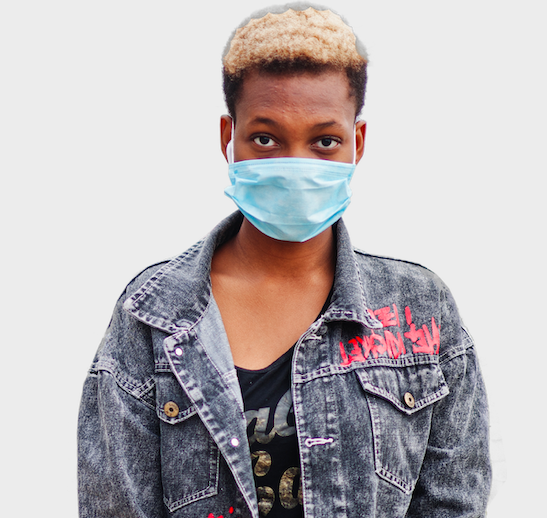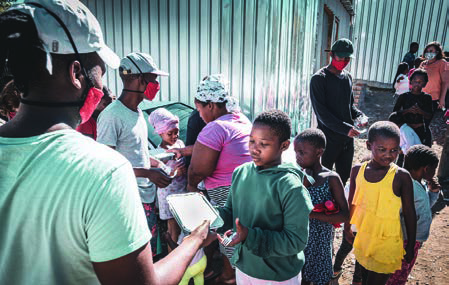Business Day Youth Day
Coping With COVID-19
By: Lynne Gidish
South Africans have had to deal with many difficulties as a society over and over again, says counselling psychologist Dr Robyn Rosin. “We’ve had to face injustice, inequality, poverty, corruption and crime. We’ve had to live with load shedding and water shortages and a junk status economy, and just when we thought it couldn’t get any worse, the global COVID-19 pandemic arrived on our shores, severely impacting our lives.”
Here to stay
The biggest problem with COVID-19 is that there’s no end in sight. The World Health Organisation (WHO) has described it as a marathon, not a sprint, which is why it has highlighted the importance of encouraging mental and psychological wellbeing during this highly challenging time. “Stress levels prior to the outbreak of the coronavirus were already high, especially among our most vulnerable youth,” explains Dr Rosin. “Many teenagers and young adults were battling with mental health issues such as anxiety, depression and post-traumatic stress disorder, so it isn’t surprising that the lockdown has fuelled an already burning fire of psychological distress. The levels of mental health issues have exploded, with helplines reporting record numbers of calls from people trying to navigate the uncertainty and lifestyle changes.
“The increased police presence, the army enforcing new laws, curfews and the ban of cigarettes and alcohol are reminiscent for many of the not too distant past. And although all these laws are designed to protect us, the feeling of having our freedom snapped away tugs at a very raw wound for many of our youth. And no one knows when this will end.”
Under pressure
So if you find you’re feeling sad, unsettled, anxious, fearful, trapped, confused and uncertain, remember, says Dr Rosin, you are not alone. “All of these, together with feelings of hopelessness and helplessness and even anger, are nothing to feel embarrassed or ashamed about – they’re normal reactions to an abnormal event. Other symptoms you may be experiencing,” she adds, “include changes in appetite, sleep problems, irritability, agitation, tearfulness, feeling numb, tired and completely unmotivated. It’s important to be aware of these and any other changes in your mood or behaviour. Try rating your symptoms on a scale between 0–10 and monitor how long these negative feelings last.
“If they’re present most of the time at five or above on the scale, seek professional help at your nearest clinic or from your medical practitioner or call The South African Depression and Anxiety Group (SADAG) on 0800 456 789/0800 21 22 23 or visit www.sadag.org.”
Take back control
The best way to cope mentally in times of such unprecedented uncertainty is to try to put measures in place that give you a sense of being in control, explains Dr Rosin.
These include:
- sticking to a routine
- limiting watching of the news
- avoiding negativity
- learning a new skill online
- staying connected with family and friends online
- learning to meditate/
- breathe correctly
- exercising daily
- eating as healthily as possible
- washing your hands.
“Remember that as human beings we have tremendous courage and resilience,” she says. “So keep reminding yourself that ‘this too shall pass’ and that it will not last forever. We learn about our strengths from hardship, so never underestimate yours.”






 Sign-up and receive the Business Media MAGS newsletter OR SA Mining newsletter straight to your inbox.
Sign-up and receive the Business Media MAGS newsletter OR SA Mining newsletter straight to your inbox.